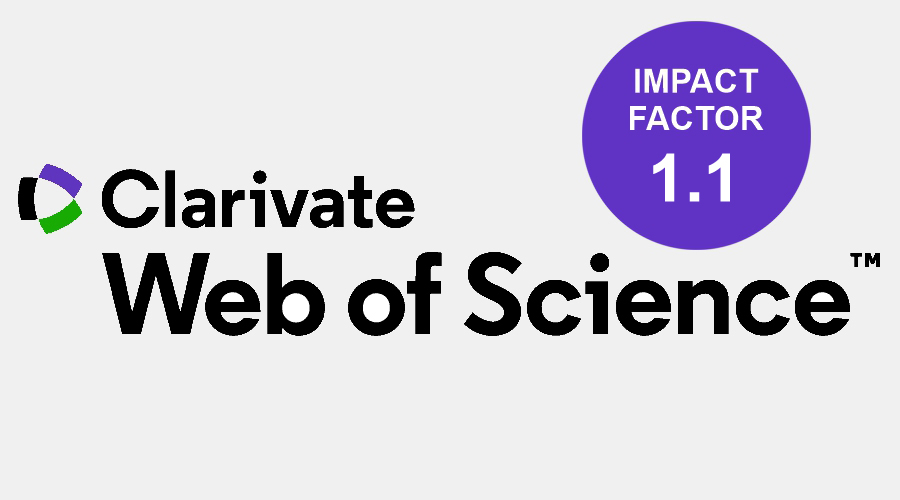Conservation tillage for rational water management and soil conservation
Abstract
Flooding and waterlogging events showed a frequency rising sharply during the last decades so their prevention has become a very actual task. Prevention should start where surface runoff is generated, i.e. over the areas used for agriculture and forestry of hilly and mountainous watersheds. Conservation agriculture is a very successful method for keeping rainwater in the soil and for decreasing the sediment and nutrient load of surface waters. The increased amount of soil moisture is favorable both for the plants and for soil fauna. The mitigation of runoff , soil and nutrient loss is due to the organic matter which remains in the topsoil as it is not disturbed and moved downwards in the soil by ploughing as well as to the activities of soil edaphon. By applying non-inversion, shallow tillage runoff can be reduced to a mere one third and soil loss to the thirtieth-fortieth of the values measured under conventional tillage, depending on weather conditions of the given year. Experiments show that conservation agriculture provides for profitable production and at the same time it is beneficial for the environment.
Copyright (c) 2011 Balázs Madarász, Krisztina Bádonyi, Béla Csepinszky, János Mika, Ádám Kertész

This work is licensed under a Creative Commons Attribution-NonCommercial-NoDerivatives 4.0 International License.






